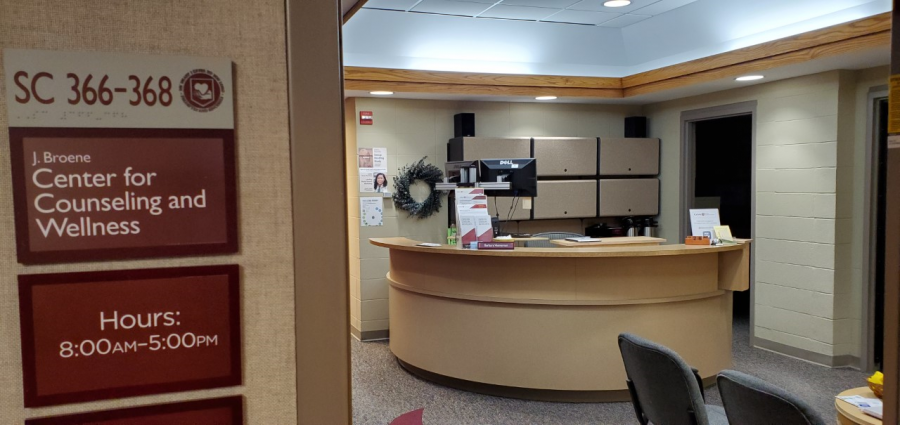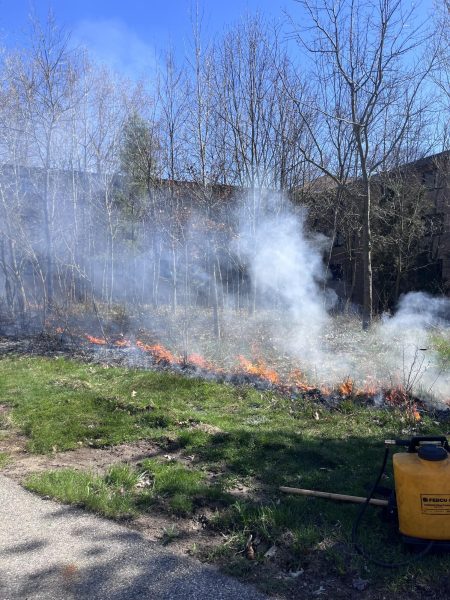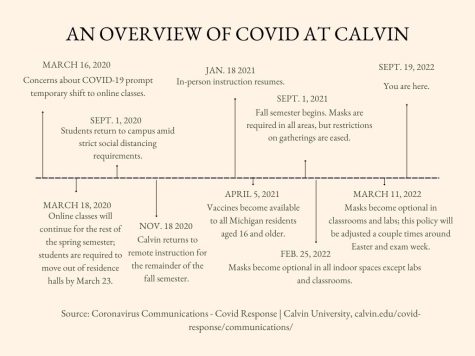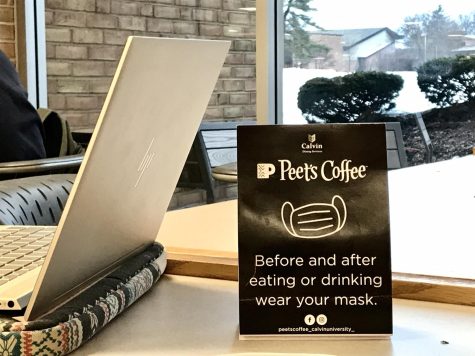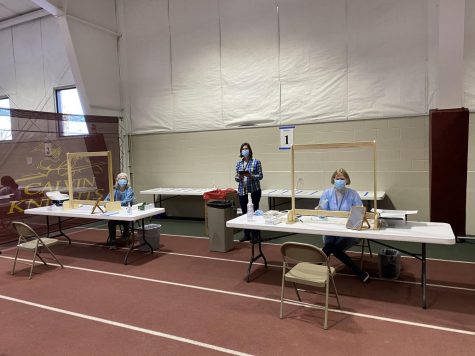CCW continues providing mental health support during pandemic
The Center for Counseling and Wellness can direct students to the care that meets their needs.
“Wear clean pants every day,” advises Irene Kraegel, the director of the Center for Counseling and Wellness (CCW). Kraegel notes that the move online has created a struggle of motivation for many students and little things like wearing clean pants can help repair the missing structures in your life. “Dress for success… applies even in our virtual environment,” Kraegel said.
CCW has noticed a recurring theme of students losing a degree of structure that live classes entailed, Kraegel noted. “In order to support motivation, academic performance and overall mental health, we recommend that students set up and maintain routines … during this period of online learning as well,” Kraegel said.
As this pandemic has affected almost every aspect of the Calvin University experience, students across campus have had different reactions. Some are struck with more anxiety, stress or fear, and others are relieved by the move online. Either way, Kraegel said, “We want students to know that there is no ‘right’ way to feel during these times, and that we can support each other well even when we are having different experiences.”
“Many, if not most,” of CCW’s normal services are still offered, according to Kraegel. This includes individual therapy and consultations, various group sessions, Therapy Assistant Online, and a peer listener program.
“We’re really encouraging people to reach out even if they feel like their problem is too small,” Kraegel said. National crisis hotlines have been overwhelmed while fewer people have been accessing mental health resources. “That’s the gap we want to help fill,” Kraegel said.
In circumstances created by the coronavirus, many students have been forced to move back home. “Moving away from home can feel like a pretty big milestone,” Kraegel said, which can make moving back in hard. Kraegel recommends being intentional about retaining your sense of “individuation and adulting.” She encouraged honest conversations with family about rules, expectations and communication patterns. Empathy is also important. “It’s an adjustment for [your family] as well,” Kraegel said.
While there are laws preventing CCW from providing some of these services to out-of-state students, CCW has a referral database to help out-of-state students locate services.
A group meets online at 3 p.m. on Wednesdays to process life as needed. This is open to students no matter where they live. There is also a group for seniors at 4 p.m. on Tuesdays.
For students seeking help for the first time, the “request an appointment” button on the CCW website still works, as well as their office phone. They will schedule a Zoom call to discuss how to be the most helpful for students’ particular needs.
CCW has spent an “incredible number of hours” to go remote, according to Kraegel, including efforts to learn laws about teletherapy, coordinating mental care in a shifting environment, and shifting their systems online.
More mental health resources and tips can be found on the CCW homepage or Instagram (@thriveatcalvin). “We’re here for you!” says Kraegel.




